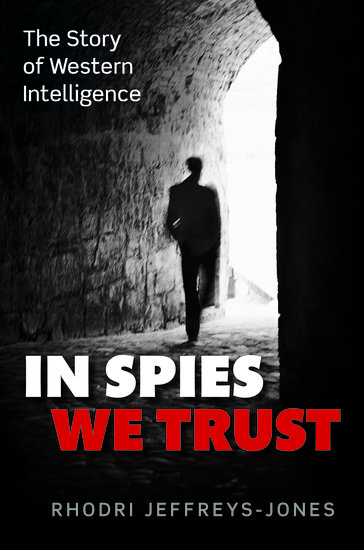When talking about spy fiction, people sometimes confuse verisimilitude and reality. Spy novelists who use the words “friends” and “cousins” to describe our American collaborators are engaging in verbal verisimilitude. When John Le Carré tells us in his latest novel A Delicate Truth that the business of secret intelligence is now being privatized, he’s conveying an important reality.
Yet, what do we mean by reality? Do we mean realism, such as that conveyed in Joseph Conrad’s descriptions of Verloc’s pornography shop in The Secret Agent? Is reality, then, the successful conjuring up of an atmosphere? Or is it revelatory as in A Delicate Truth? Or does it convey human feelings and deeper meanings?
On the latter front, there have been intimations of deficiency. Graham Greene dismissed his own spy fiction as “entertainment”. He wanted us to admire The Power and the Glory and The Heart of the Matter and not The Quiet American or Our Man in Havana. There is an associated idea that a person writes spy novels not to convey deeper truths but because they generate bigger sales and larger advances on royalties. As I know from my own experience, historians who write about spies do get larger advances and easier publishing contracts; my first book, a tome on industrial relations based on my Cambridge PhD, was accepted only on the thirty-second attempt at finding a publisher!
But does its record of easy success mean that spy fiction or spy history can’t message reality? On the contrary, The Quiet American had insight into the frailties of the early 1950s CIA and the untenability of US intervention in Vietnam. Alden Pyle, its protagonist, is a recognizable prototype of the Ivy League “best and brightest” who got America stuck in the Southeast Asian quagmire.

There is a further issue here. Is high literature more realistic than low literature, does Greene tell us more than, say, Ian Fleming? Arising from this, why are there only two examples of American high spy fiction? These are James Fenimore Cooper, The Spy and Norman Mailer’s Harlot’s Ghost. Over here, we have Joseph Conrad, Erskine Childers, Somerset Maugham, John Buchan, Graham Greene, John Le Carré and a gang of young pretenders.
Also, “hardboiled” as distinct from cerebral detective fiction is an American genre. Perhaps the Americans are insufficiently devious to write good crooked fiction. It was long an article of faith in British intelligence that Americans blundered in practice, too, and had much to learn from us about the art of espionage. Or perhaps their literature led us astray, and they have been better in reality than in fiction.
Let’s have a think, here, about what we mean by fiction. Is it the opposite of truth, or just unrelated to it? Can it have the potency of myth, a narrative that may be true or false and has the ability to create new realities?
CIA director Allen Dulles thought that by massaging the message he could produce a public opinion more favorable to the CIA. Thus he agreed to the commissioning of E. Howard Hunt to write a series of American spy novels that would outshine those of Ian Fleming. The scheme failed because Hunt was a less able writer, and because Dulles had to resign after the Bay of Pigs fiasco, with the CIA now on a downhill trajectory.

But the idea is interesting. And in the 1960s the British authorities set out to encourage and facilitate official histories of our intelligence activities, especially in World War II. The idea was the same; prestige enhances one’s standing and one’s budget. Official historians have access to classified records. In this way, their output is reality. Or is it fiction? Discuss and send me your answers sine die, the date when all of us get to see the records.
A couple of writers operated on the interface of fiction and reality. Somerset Maugham spied for us and the Americans against Germany and then the Bolsheviks. With breathtaking audacity, Maugham used as cover for spying his vocation as a writer of short stories about spying. They appeared in his compilation Ashenden in 1928, and contain recognizable characters such as the Czech patriot Emmanuel Voska. Then there’s Compton Mackenzie’s Water on the Brain. Aegean Memories, his first-hand account of secret service in Greece in World War I, had been critical of MI6 and was suppressed in an Official Secrets Act prosecution. Water on the Brain was satire masquerading as fiction in a sweet moment of revenge.
What might follow the rise, fall and obsolescence of the Anglo-American special intelligence relationship — a United Nations solution to truth-seeking, or perhaps something on the European level? In Spies We Trust is based on interviews, documents, and profound research. That makes it reality not fiction, right? What day is it today?
Image credits: (1) United Nations fact finding at the Mekong Delta © United Nations. Do not reproduce without permission. (2) Portrait of Allen Dulles © The National Archives and Records Administration (NARA). Do not reproduce without permission.
Featured image credit: James Bond 007, by Dave McLear. CC-BY-2.0 via Flickr.




Recent Comments
There are currently no comments.